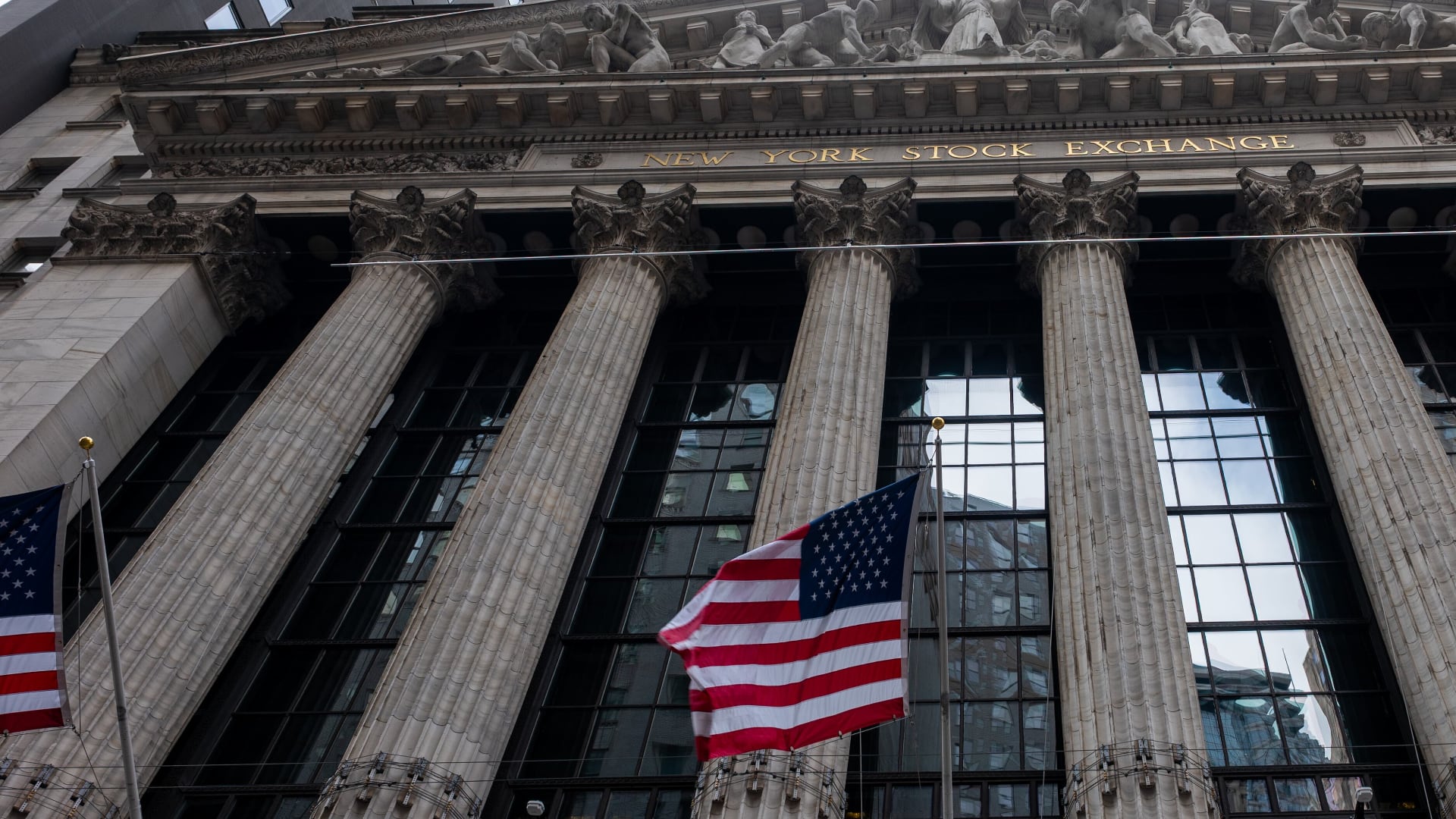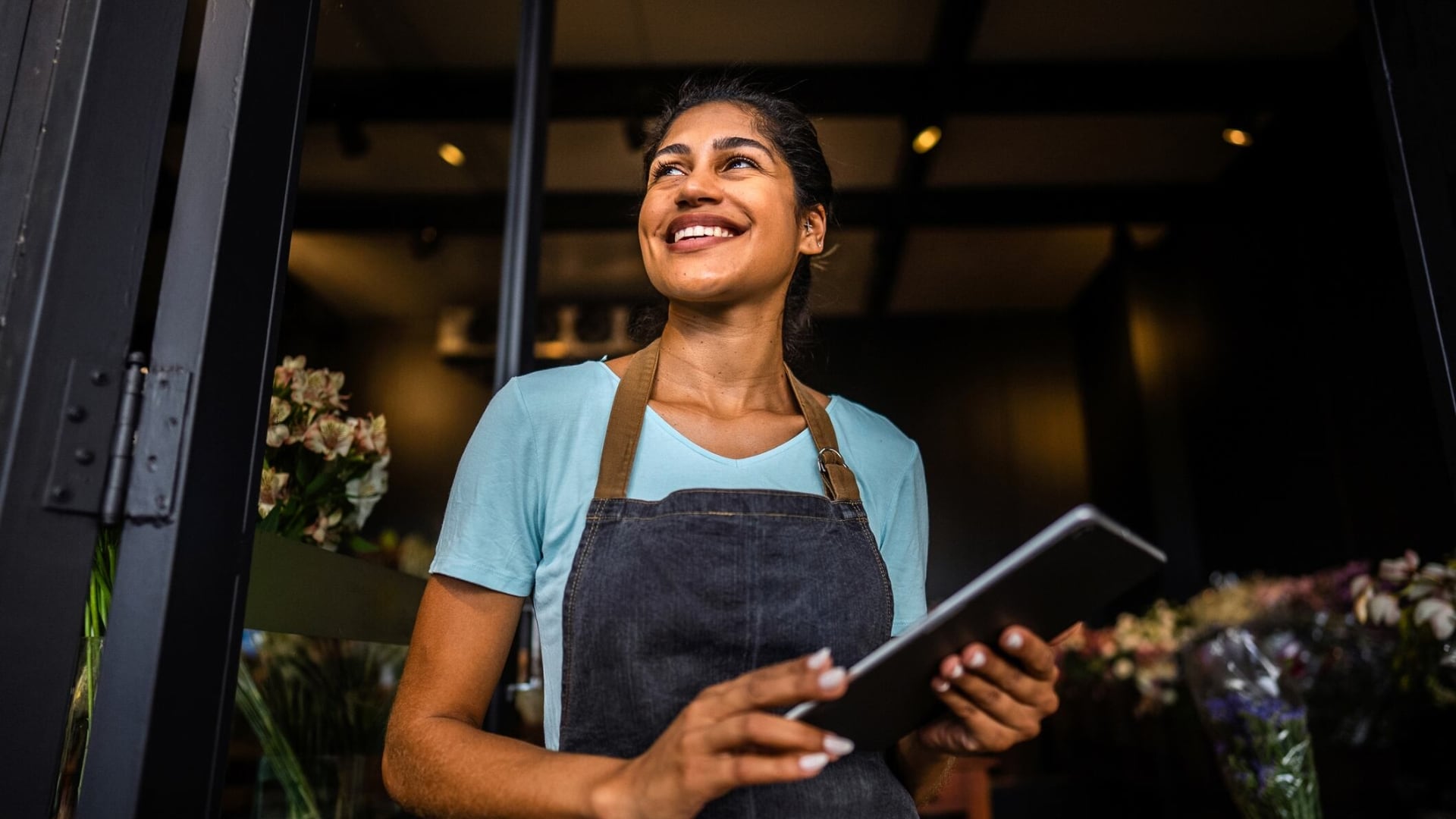As retail spaces begin to reopen following coronavirus-related closures, those that had been nimble enough to pivot to curbside pickup and e-commerce are poised to rebuild rapidly and when the physical doors swing open to welcome customers, retailers would be wise to make safety and cleanliness a top priority, said Rob Almond, CEO of integrated facilities management company NEST.
From managing social distancing inside a store to constant cleaning and even removing items that have been tried on or touched, like clothing, the NEST CEO says his clients are going to great lengths in order to assuage customer concerns.
"They're almost to the point of exhausting what they need to do to make that consumer feel safe," said Almond, whose company works with brands like Five Below, Lilly Pulitzer, and JOANN.
"We're talking to customers right now that maybe never have considered a janitorial program in the past, and now it's top of mind with them," he said. "I think the other thing that's really building confidence, simple as it might seem, is signage, telling the consumer, telling the employee, what we're doing to make you feel safe."
NEST's clients saw a spike in volume over Memorial Day weekend, said Almond, showing that people really want to shop after weeks, if not months, of stay-at-home orders. Since that holiday weekend, he said that retailers were reporting sales that have exceeded expectations.
"From what we're seeing from our clients, it's rebounding quicker than they expected," Almond said. "I think it's very important to emphasize that the retailers that we're dealing with at NEST are taking all the necessary precautions to make the consumer feel safe. There's still a big perception out there 'Is it safe for me to walk back in the store?'"
It's not just customers who need to be comfortable. Almond also noted employees in retail locations need to feel secure as well. It's important that workers are confident that their employer "is doing the right things to keep the retail environment, the store environment safe and clean," he said.
While financially, NEST has seen signs that reopenings are helping to get businesses back on track, they may be also contributing to an alarming increase in coronavirus cases and hospitalizations. Surges in states that were quick to lift restrictions, such as Texas and Arizona, have led to concerns that the second wave of outbreaks might be underway.
Almond says it is important that the public work on preventing a COVID-19 resurgence. "The biggest and most important message that we have to get to the consumer, to the employee, to society in general, is that if you don't feel good, stay at home."
"It's a big history lesson, right? This is going to be something we're going to be talking about for decades, centuries, about what went down."
Ford is recalling more than 355,000 of its pickup trucks across the U.S. because of an instrument panel display failure that’s resulted in critical information, like warning lights and vehicle speed, not showing up on the dashboard.
Nvidia reported a 56% increase in second-quarter revenue and a 59% rise in net income compared to a year ago.
The Rev. Al Sharpton is set to lead a protest march on Wall Street to urge corporate America to resist the Trump administration’s campaign to roll back diversity, equity and inclusion initiatives. The New York civil rights leader will join clergy, labor and community leaders Thursday in a demonstration through Manhattan’s Financial District that’s timed with the anniversary of the Civil Rights-era March on Washington in 1963. Sharpton called DEI the “civil rights fight of our generation." He and other Black leaders have called for boycotting American retailers that scaled backed policies and programs aimed at bolstering diversity and reducing discrimination in their ranks.
President Donald Trump's administration last month awarded a $1.2 billion contract to build and operate what's expected to become the nation’s largest immigration detention complex to a tiny Virginia firm with no experience running correction facilities.
Netflix CEO Ted Sarandos claims audiences don't want to watch Netflix movies in theaters, but that seems not to be the case recently.
Chipmaker Nvidia is poised to release a quarterly report that could provide a better sense of whether the stock market has been riding an overhyped artificial intelligence bubble or is being propelled by a technological boom that’s still gathering momentum.
Cracker Barrel said late Tuesday it’s returning to its old logo after critics — including President Donald Trump — protested the company’s plan to modernize.
Low-value imports are losing their duty-free status in the U.S. this week as part of President Donald Trump's agenda for making the nation less dependent on foreign goods. A widely used customs exemption for international shipments worth $800 or less is set to end starting on Friday. Trump already ended the “de minimis” rule for inexpensive items sent from China and Hong Kong, but having to pay import taxes on small parcels from everywhere else likely will be a big change for some small businesses and online shoppers. Purchases that previously entered the U.S. without needing to clear customs will be subject to the origin country’s tariff rate, which can range from 10% to 50%.
Southwest Airlines will soon require plus-size travelers to pay for an extra seat in advance if they can't fit within the armrests of one seat. This change is part of several updates the airline is making. The new rule starts on Jan. 27, the same day Southwest begins assigning seats. Currently, plus-size passengers can pay for an extra seat in advance and later get a refund, or request a free extra seat at the airport. Under the new policy, refunds are still possible but not guaranteed. Southwest said in a statement it is updating policies to prepare for assigned seating next year.
Cracker Barrel is sticking with its new logo. For now. But the chain is also apologizing to fans who were angered when the change was announced last week.












